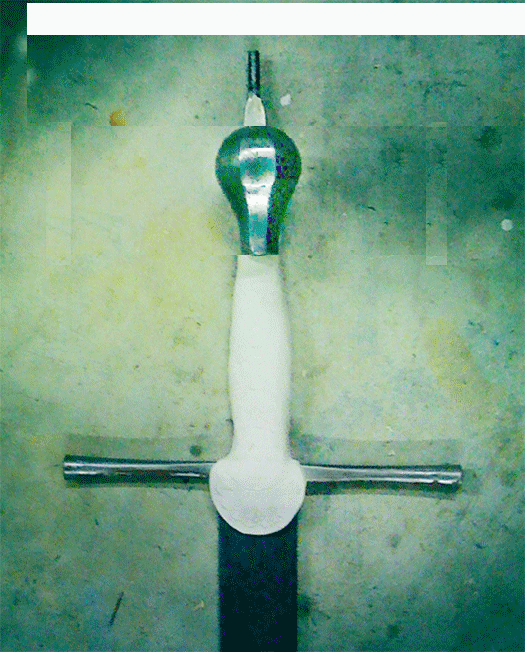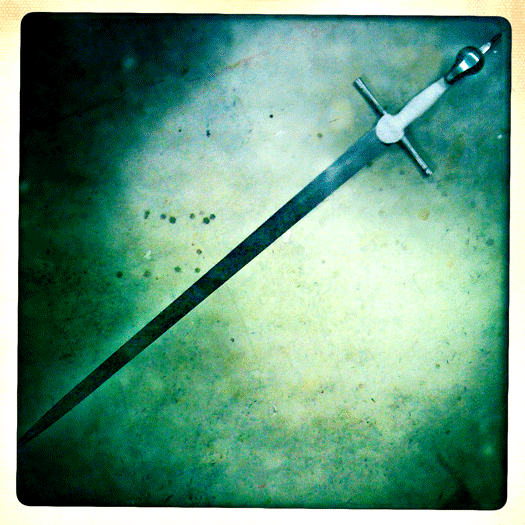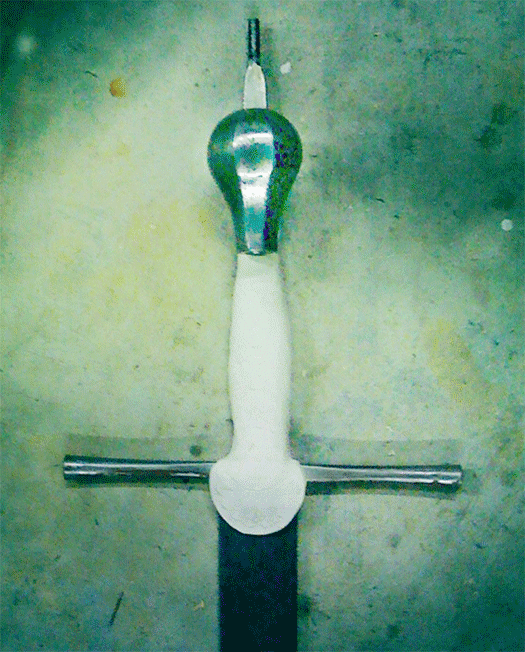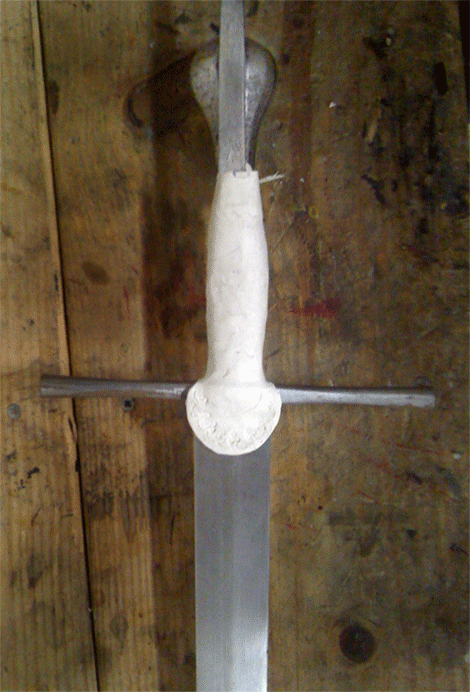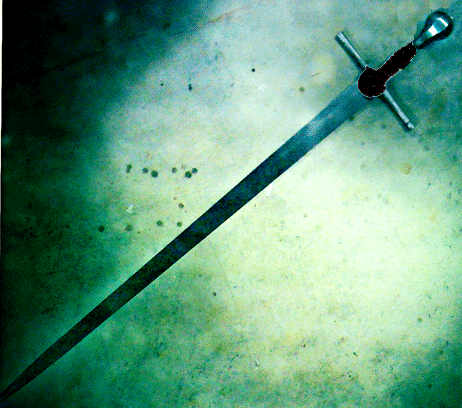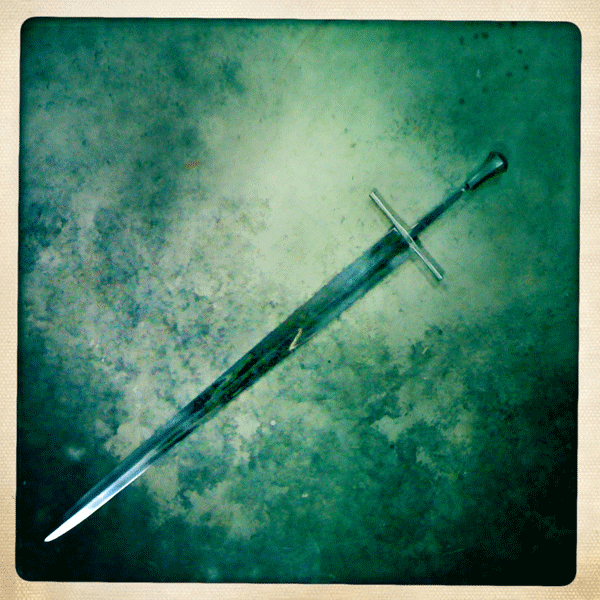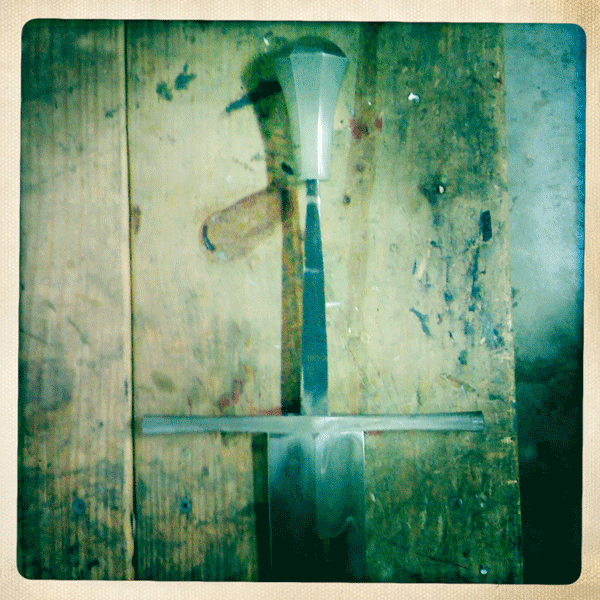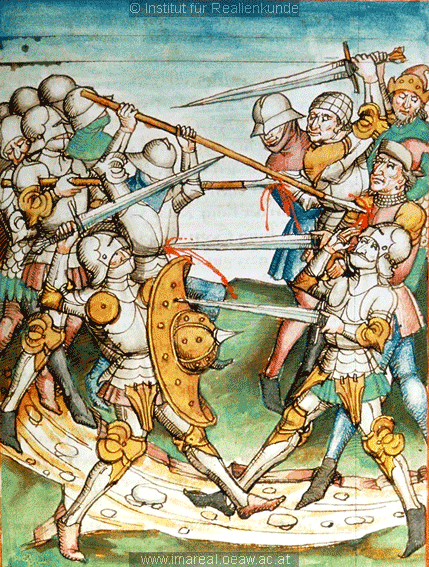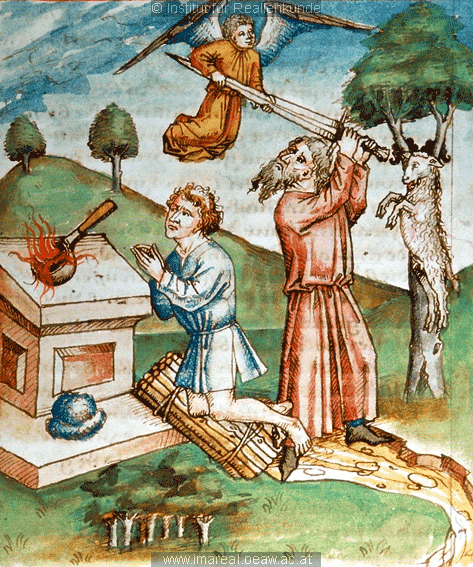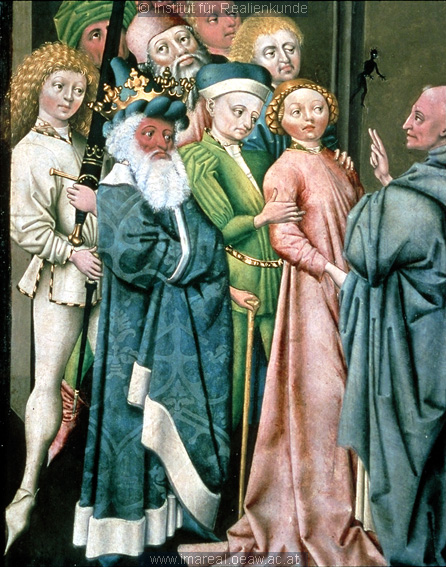Posts: 211 Location: United States
Thu 04 Nov, 2010 10:09 am
I also cannot speak to the historical accuracy of your piece but I can say from an aesthetic point of view, the pommel is just a bit on the large size for the rest of the sword. I would say it's literally a handful of percentage points too large but it's not so large as to really throw the look of the sword out of balance. I've seen many antique swords that were far more disproportional than your mock-up.
I often do mock-ups of a sword I've been planning for some time and recently found that I like doing a 2-dimensional mock-up out of paper. This allows me to easily change sizes and proportions to suit my tastes. I'm not yet sure how this will translate into a 3-dimensional object though. I also take photographs and use MS paint to enlarge or shrink specific parts and then past them back in. It's a quick and easy way to get a rough idea how something will look.
I would probably decide on a specific size for the pommel and then go about figuring out a way to make that happen. If you are good with a grinder, you could probably resize this one yourself.
I agree with others that the longer grip looks far better and more proportional.
In this image I've reduced the pommel to 95% of it's original size
In the second image it's at 90%.
 Attachment: 207.54 KB
Attachment: 207.54 KB
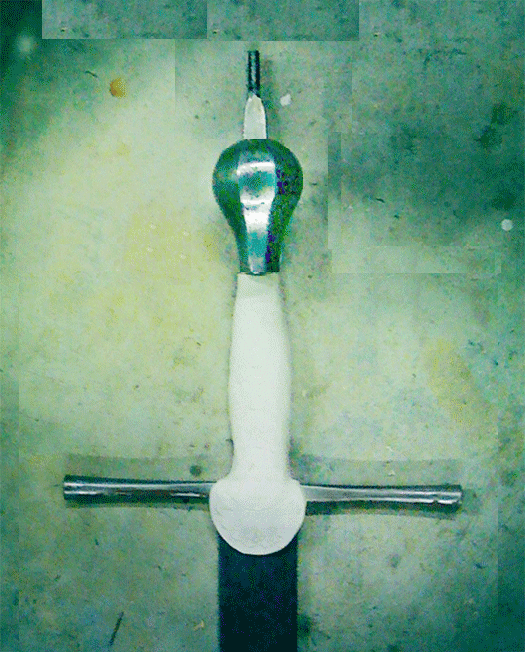
 Attachment: 196.09 KB
Attachment: 196.09 KB
